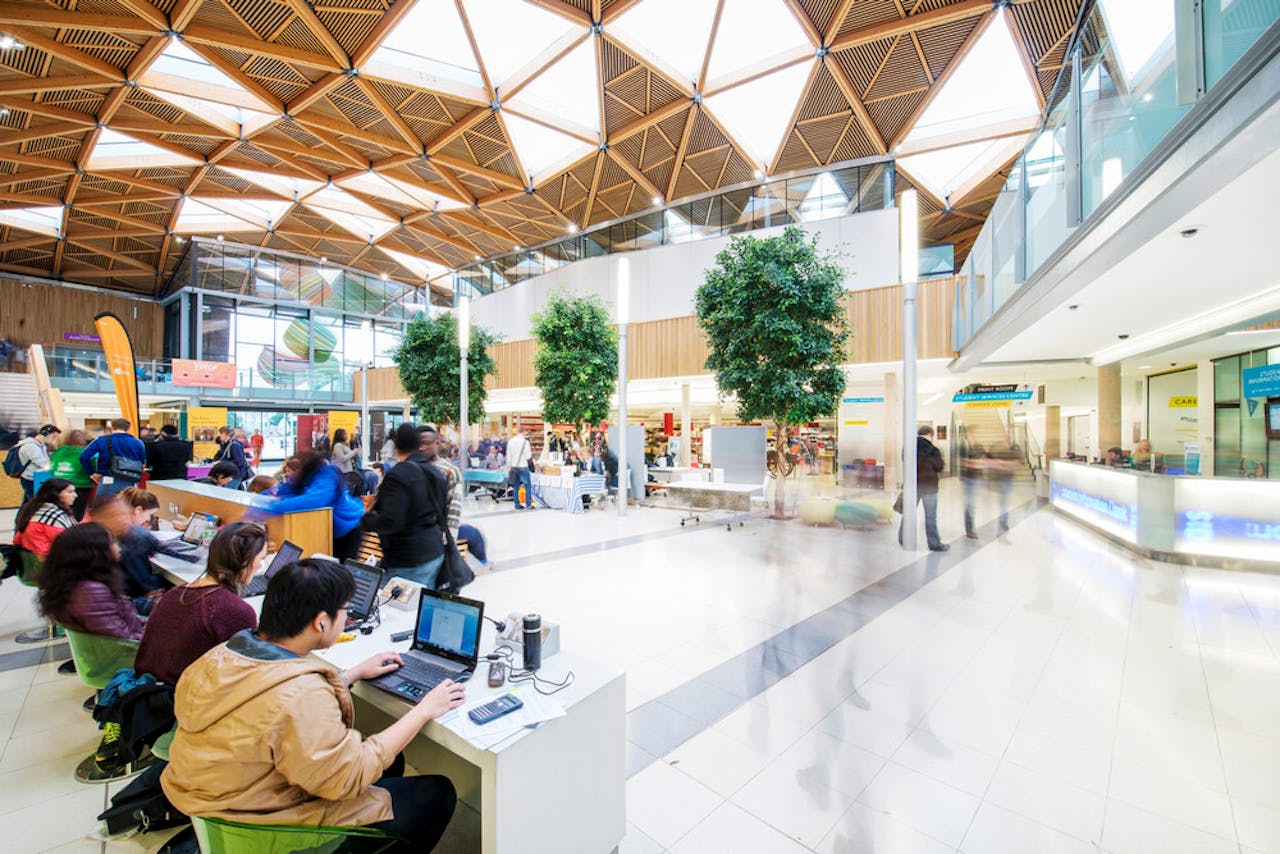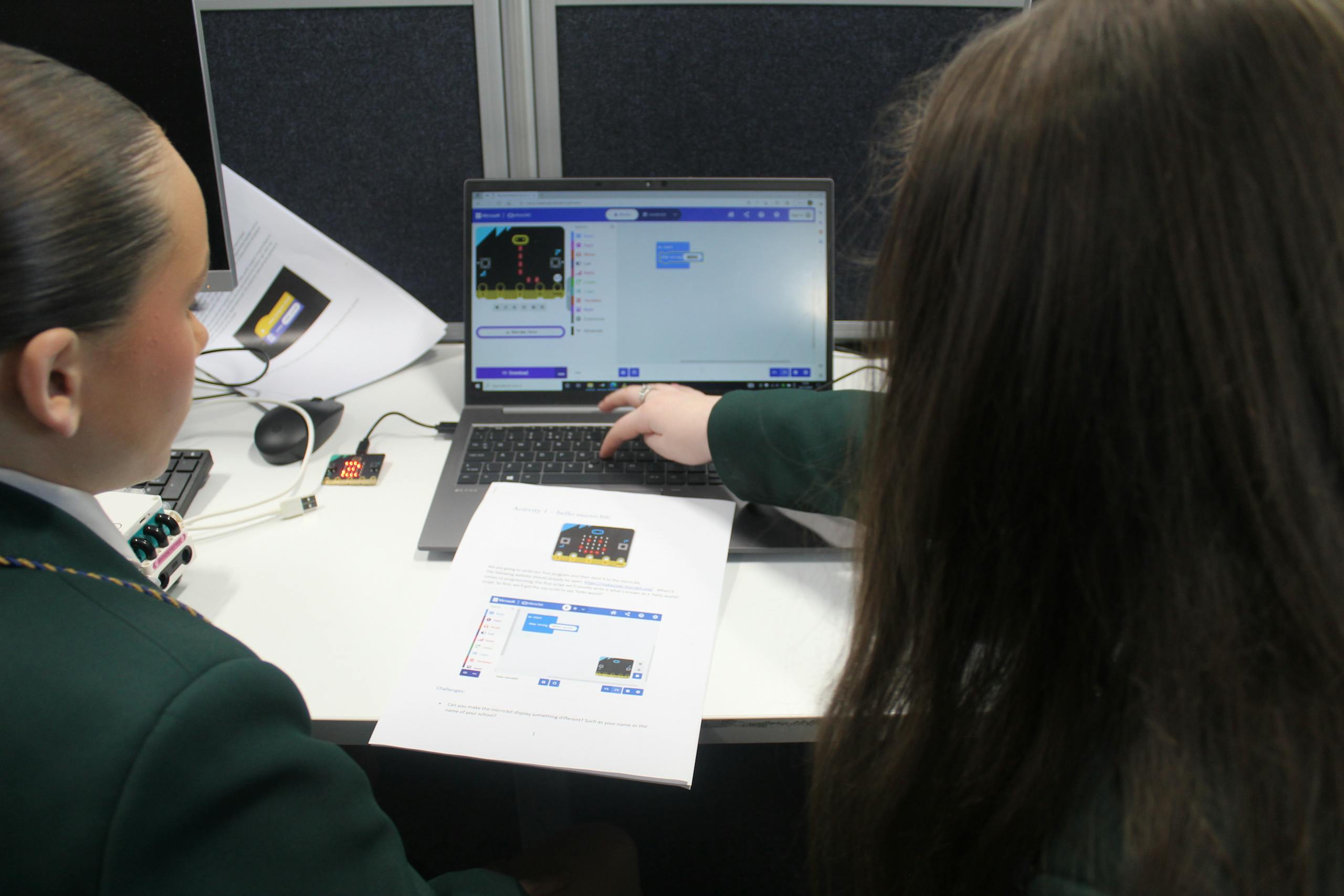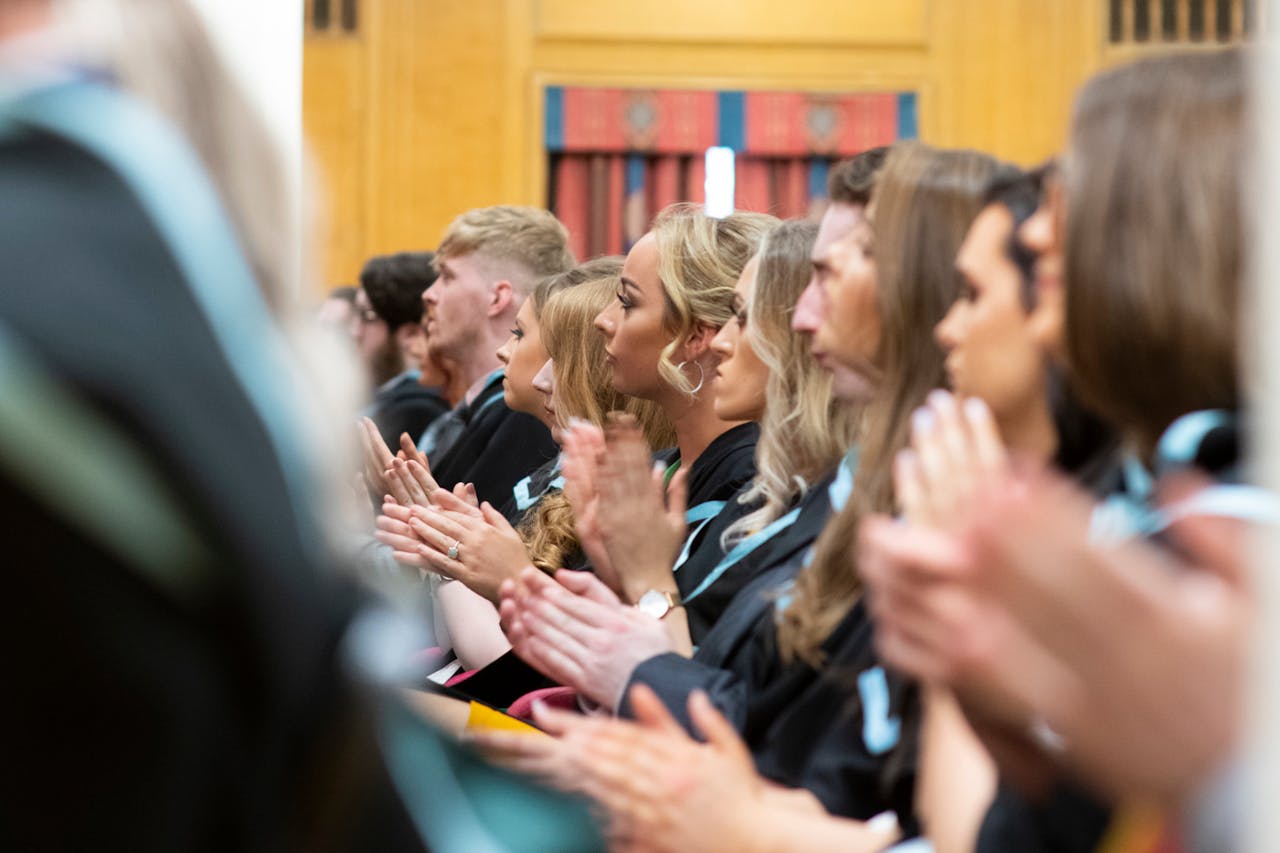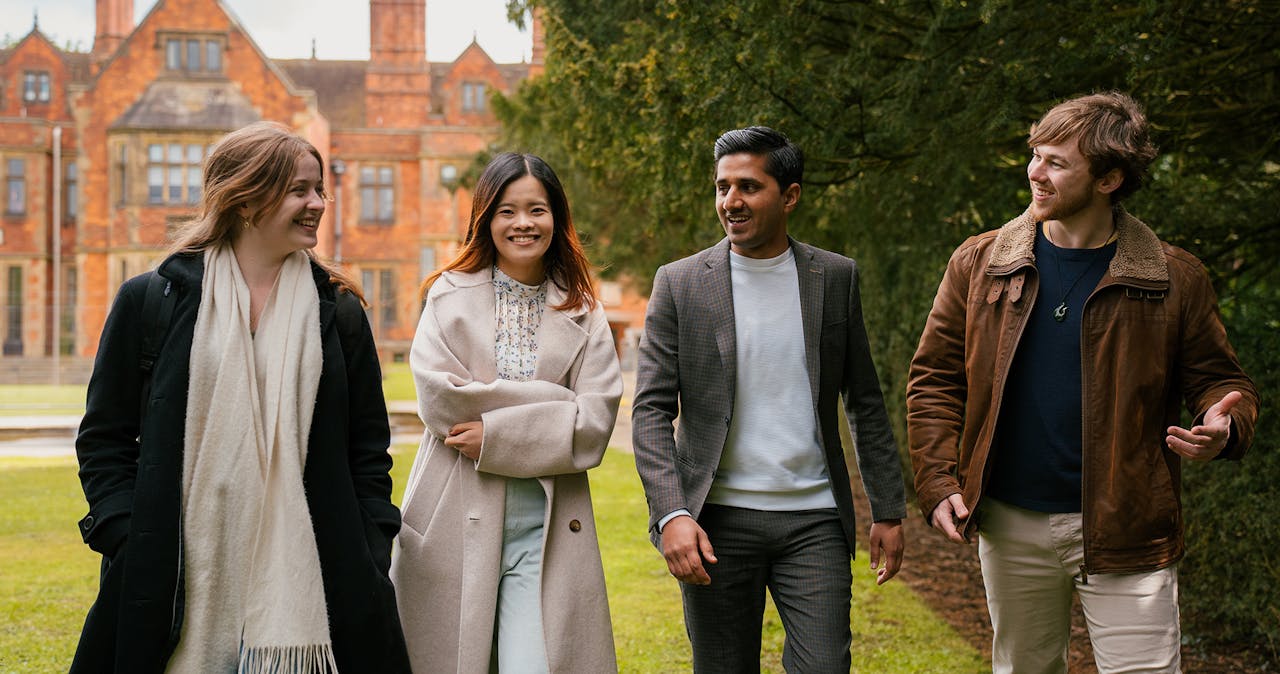What are pre-16 outreach activities?
Across the country, teachers, outreach practitioners and students are all working together with a common goal – to achieve the best educational outcomes and careers for young people. But for students coming from more underrepresented backgrounds, the initial spark and regular reassurance cannot always come from home.
With this in mind, we believe that outreach from a pre-16 age is key to laying the foundations that university is a viable option - so the question is not if, but where.
For many institutions, the logical step has been to begin work at a progressively young age, eventually starting at Primary school, either through inhouse programmes or via a range of national partners, such as the Children’s University or a local IntoUniversity centre.
The University of Liverpool recognises the impact that these early years engagements can have, working with students on campus, online or in a school setting while they still have maximum enthusiasm for education. They run Merseyside Young Health and Life Scientists, a rolling three-year programme for students in Years 9-11, as well as Summer Schools for Year 10 students from local schools, mentoring and tutoring programmes in schools and community settings, and campus visits – you can find out more here.
In total, over a given year the Widening Participation Team at Liverpool will work with around 7,000 students – with 1,600 registered to internally delivered long term projects. The remaining 5,400 will mainly attend one off events across the year groups, however these still have their place in building on previous experiences to solidify ideas about progression to Higher Education.
The University of Birmingham run a range of targeted events including the Year 6 Move on Up day, Year 10 Summer School and the progressive programme Forward Thinking. Each is tailored to the year group's needs and designed to offer students an insight into higher education, along with opportunities for skills building and self-development. Birmingham will work with around 13,000 students each year – around 11,000 at events, and 2,000 via their internal programmes.
Benefits of engaging with outreach activities
We see these initial interventions at Years 6,7 and 8 as building blocks for more targeted and niche activities to follow. There are many benefits for students engaging with these events, but we wanted to highlight some key benefits which can sometimes be overlooked.
Familiarisation with University Culture
For many students, especially those from underrepresented or lower-income backgrounds, the world of campus’, student unions and lectures can feel very unfamiliar and intimidating. Events help demystify these environments, showing students that universities are accessible and welcoming places for people from all walks of life. Huge amounts of planning go into pre-16 outreach activities, but even something as simple as showing 20 Primary students into a 400-person lecture theatre can have a massive impact, in a way clever talk cannot.
Academic Motivation
We often receive feedback from parents/carers and class teachers on how motivated their young people have become after engaging with an event. Alongside a boost to their self-esteem, students leave events understanding how their current academic efforts can shape their future opportunities, which in turn encourages them to aim for higher grades in school. Through regular engagement with undergraduate students and the opportunity to use facilities and equipment beyond what is present in a local school, we can build a pool of students who are interested in and ready to take part in the more standard Sixth Form events and ultimately progress to university.
Subject range
Students now have the choice of over 35,000 higher education courses - a stark difference to the 10‘ish’ they're currently studying. Events allow students to explore different subjects and careers, exposing them to new academic interests they may not have considered or even knew existed – I mean, who knew you could study Golf Management! Some pre-16 activities can be designed to meet a particular imbalance at the institution – such as a Girls into Maths taster day, whilst others will demonstrate to students that a preference and aptitude for Geography could lead to studying everything from Glaciology to Urban Planning. Sometimes events can even work to the University’s benefit – for example, the University of Liverpool deliver several teaching modules which require a school audience to take part in the taster sessions developed – the ultimate win/win.
Building partnerships between schools and universities
All universities have to consider their own deficiencies in their entry cohorts, and look to work with schools and teachers to fill these gaps. Access and Participation Plans are long term strategies and publicly facing documents, that can inform what initiatives are run at that particular institution. These can be useful for schools to view and evaluate which institutions may have the best opportunities for partnership with.
Such partnerships between schools and universities are key to creating sustained, long-term pre-16 opportunities for students. Relationships like these will naturally take time to develop and can easily disappear with something as simple as a member of staff moving on from either side, so embedding sustained engagement as a culture within a school is key to mitigating for this. You could also build a networking pack for your school to support with developing and maintaining connections which benefit your students. It’s key to recognise that the best outcomes for the students are always at the heart of everyone’s efforts.
Additionally, there are some overreaching opportunities to build and develop relationships between schools and universities. The Uniconnect programme has national coverage and provides links into multiple local institutions at the same time, while national events such as the Advancing Access Virtual Conference are great opportunities to speak to multiple providers at the same time.
To conclude
Universities know that early experiences of higher education can influence students’ futures - and the evidence backs this up. At the University of Birmingham, 48% of students from less privileged backgrounds and non-selective state schools who took part in their University Academic Enrichment Programme progressed to a Russell Group university. That’s compared to just 11% of state school pupils from the local region, and 38% of students from independent schools across the UK. Outreach activities don’t just benefit students—they also help schools meet Gatsby Benchmark Seven by providing meaningful encounters with higher education. As teachers and advisers, you play a key role in providing these opportunities. By connecting with your local universities’ Widening Participation teams and fostering long-term partnerships, you can ensure more of your students are supported and inspired to see higher education as a real and achievable goal.




